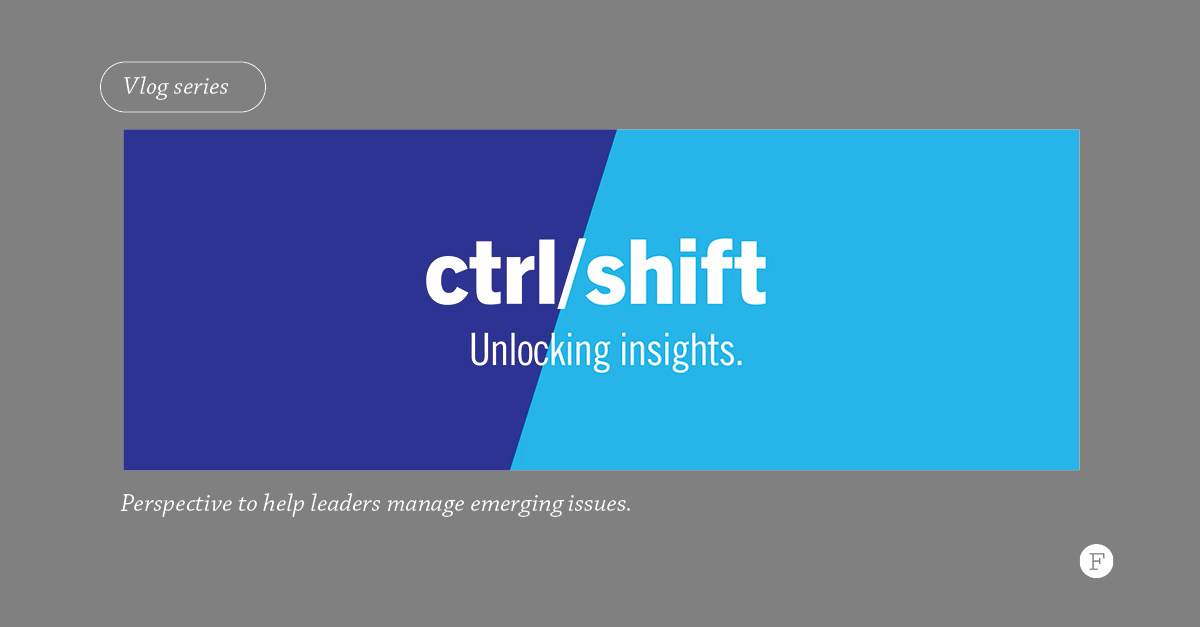Job Recruitment in the Age of Covid
.jpg?maxsidesize=1000&resizemode=force)
Todd Morgano | May 31, 2022
The pandemic has had a profound impact on the job market and the collective psyche of the workforce.
Over the past few years, a record number of people lost, quit or changed jobs, exercised their option to work remotely, or decided to stay out of the workforce altogether.
People are also rethinking their relationship with work and what they expect from a job and an employer.
During these tumultuous times, we’ve been working with companies on attracting qualified workers. It’s been challenging. But we’ve learned a lot and have had a great deal of success.
For other organizations finding it difficult to attract and hire qualified candidates in this highly competitive and unusual workforce environment, let me share a few insights we’ve gathered from our recruitment marketing efforts and feedback we’ve received from career applicants. Hopefully this helps you better strategize your recruitment efforts.
1. Money Isn’t Everything
Okay, if you’re offering way more money than your competitors for a similar job – sure – you have an advantage. But if you’re merely competitive, a solid income isn’t the lure you think it might be. It’s a job-seekers market. If you’re offering the same salary, or just a little more, you won’t stand out.
Signing bonuses? They’re also commonplace these days.
Compensation only goes so far. We worked with one employer, for example, who thought the organization’s good-paying job was enough to lure people still sitting on the sidelines collecting government subsidies that were about to run out. That turned out to be a false assumption.
2. Local Market Dynamics Matter
Recently, we worked with a client trying to attract employees in a market that happened to be the home of a large, well-known brand with great name recognition and a ton of resources to let people know they were hiring.
In another market, our client’s organization sat across a state border not far from a major city. City employers were paying much higher salaries for similar jobs offered by our client. And another client’s offices were in a remote, off-the-beaten-path part of the city.
In each case, our strategy had to account for situations that were anything but cookie-cutter. Point being, it really pays to understand what’s happening in your local labor market before you start recruiting.
3. It’s More About Tomorrow Than Today
Candidates who eventually accepted positions said one of the main reasons they chose the job they did was because the position offered a clear career path and bright future. They took “today’s job” because they saw an opportunity to grow and advance within the company.
Potential candidates are looking long term rather than short term. If you want to entice people, show them how the job they’re applying for today will set them up for a better career down the road.
4. A Sense of Meaning is – Well, Meaningful
People want to be a part of something special. They want to contribute to the world in some way and feel as though their work has meaning.
We saw this repeatedly. Job seekers responded to employers who could prove they were in an important or growing industry, manufactured products that made people’s lives better in some way or could demonstrate how the posted job connected to a larger good or societal value.
For instance, if you were recruiting for a production-line job, people responded to ads that were more focused on the big picture and how the work on that line contributed to a higher good far more than they did for ads that talked about the specifics of a particular job or company.
5. Culture Counts
We had better success attracting job applicants when they could get a sense of the company’s work environment. The peer-effect that dominates so much of our culture held true in job recruitment messages, as well.
Messages about culture and the company’s commitment to employees were effective, especially when the message was delivered by peers. Individual contributors – or everyday workers –who talked about the company’s culture was more effective than if executives or hiring managers delivered the same message.
6. It's Not About You. It’s About Them
Understanding people and their situations, what they’re looking for, what’s motivating them, what they’re hopeful and fearful about – it all matters when trying to convince them to apply for a job. Ads that connected emotionally with candidates or provided messaging that emulated what they were looking for in a job and in life, were far more successful than ads that focused on the job offer or the company. Appeal to the candidate instead of touting yourself.
7. Multiple Touchpoints for the Win
There’s no magic formula that works for every company and in every situation. But running a campaign with multiple touchpoints (say a combination of streaming radio, digital, outdoor and broadcast) is more effective than putting all your marbles in one tactic, medium or platform. When job candidates saw a company show up in many of the places where they went to get information, they became more interested in the position and took the offer more seriously.
We learned a lot about recruitment marketing in the age of the pandemic. If you’re curious, reach out and I’d be happy to share more. I’ll leave you with this thought. The more your recruitment ad speaks to the candidate and the less it does about what a great company you are, the better off you’ll likely be.
See related posts and white papers on this topic:
- How to Improve Employee Wellbeing
- Falls & Co.’s eBook, Your Business: COVID’s Impact on Evolving Employee Expectations
Todd Morgano
Todd Morgano is a senior vice president with Falls & Co. He leads a variety of integrated marketing initiatives and helps companies develop strategies to reach their customers and clients across multiple platforms and channels.


